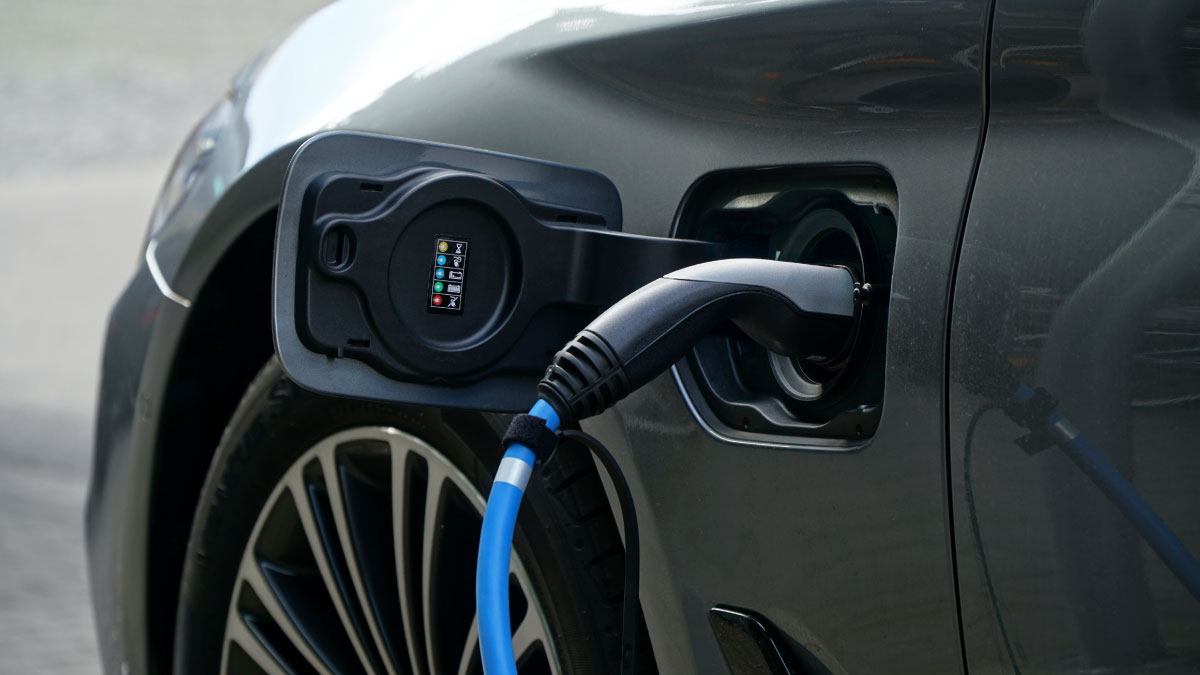Jarhyn
Wizard
- Joined
- Mar 29, 2010
- Messages
- 17,451
- Gender
- Androgyne; they/them
- Basic Beliefs
- Natural Philosophy, Game Theoretic Ethicist
So, I might note one challenge often presented with electric drive trains is that I think they are currently badly designed: parts that MUST be manufactured with LOW failure rates and HIGH importance should be user replaceable INCLUDING electronic components, as individual components. Wrecking a board shouldn't scrap your FETs, and there should be no vital need for a microcontroller unless you want one.The railroads figured this out a hundred years ago.There is a minimal amount of resistance and loss between the magnets on the generator and the magnets on the motors of an IC-EV. ...
It's the same force of the engine but transmitted along a copper wire by pushing only electrons, without also having to push around protons.
Ideally the drive train mechanism should be representable with a logic as simple as the control of a steering wheel, brakes, (force request normal) accelerator, and "scalar" (shifter), and this should ideally be a sturdy circuit that can be built on a breadboard by a college student using components that could be built as easily at the local university, as in a fab in china, as regards normal deployment.
As regards an argument from @Toni I think there is no reason this system needs to be more complex than it must be, and it should be fully maintainable with the knowledge level of the average mechanic.
It just means that knowledge of transaxles becomes knowledge of the drive bus, knowledge of differentials becomes knowledge of differential amps, etc.
It's terrifyingly similar, assuming the same folks as teach mechanics started teaching electromechanics.

